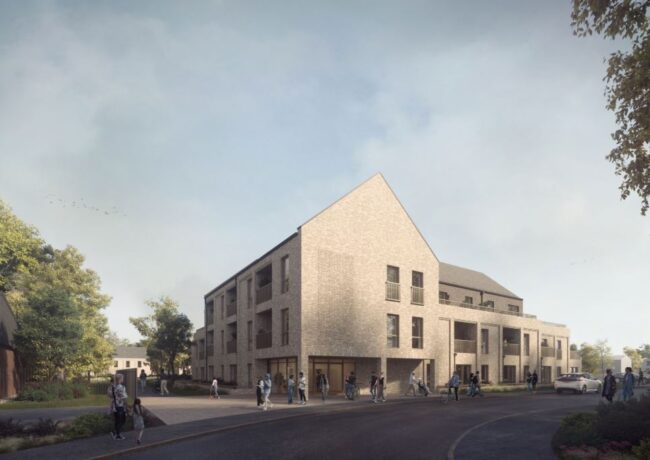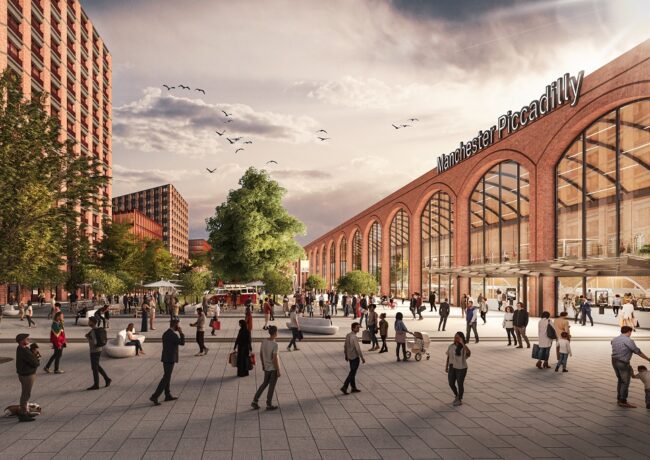Commentary
COMMENT | Greener cities, greater rewards
Cities and towns face huge challenges in a volatile political and economic context: delivering more housing and improved infrastructure, greater levels of inward investment, and tackling ever more urgent social and environmental issues – not least climate change, writes John Alker of the UK Green Building Council.
The average property professional could be forgiven for a subtle rolling of the eyes at this point. Haven’t we got enough to deal with right now without all the green stuff? And also, haven’t we been here before?
Well, yes and no. Some will recall previous Government policies that were blown away when the political winds shifted – zero carbon homes, EcoTowns, the Green Deal. But this time, something is different.
For a start, this is now something which the financial markets have taken a very direct interest in. Last year a shareholder group acting on behalf of investors with €21tn worth of assets urged pension funds to take action on investments that posed a climate risk.
Perhaps more tangibly, we are now seeing evidence from the likes of M&G that ‘green buildings’ provide higher rental income, exhibit lower systematic risk through more stable income and can attract better rates from green lenders.
We are also seeing a major shift in attitude by young people, with at least 10,000 children taking part in recent climate change strikes. Why is this relevant? Apart from signalling a warning to politicians as voters of the future, these kids are the employees, customers and shareholders of the future. A recent survey of 1000 employees found nearly 40% of millennials have chosen a job because of the company’s record on sustainability, which will directly feed in to the places and spaces chosen by major corporate and public sector employers.
These reasons and more are why Andy Burnham has made the green agenda a central policy plank of his first term as Mayor of Greater Manchester, and pushed for events such as the Green Summit which took place yesterday. Nowhere is this policy more evident than in the latest draft of the Greater Manchester Spatial Framework.
Although it is the brownfield-first policy which has received much of the green focus, it is the proposal for all new homes and buildings to be net zero carbon by 2028 which I think is the stand-out policy – and represents the most ambitious policy intent being shown by any local government, including London.
What that means in practical terms is likely to be super-energy efficient building fabric, renewable energy on-site or nearby, and then some form of purchase of off-site renewables to make up for the remainder of energy used in the property. Crucially this is about all the energy actually used in the building, not just the predicted energy use at design stage, nor just the so-called ‘regulated’ energy covered by building regs.
It won’t be easy, but there are big opportunities. It will require technological and business model innovation, which means new economic opportunities, green jobs and ultimately better quality buildings and places. Many in our region are already taking a leadership position – the likes of Bruntwood are pushing the boundaries on energy efficient, low-carbon design, and there are prominent advisers locally such as BuroHappold and Avison Young who are vocal advocates for change.
Like it or not, I think this agenda is now here to stay. It’s time to get ahead of it, and sniff out the reward.
John Alker is director of policy & places at the UK Green Building Council, based in Manchester. UKGBC is a national charity and membership body, with a local network in Greater Manchester.




